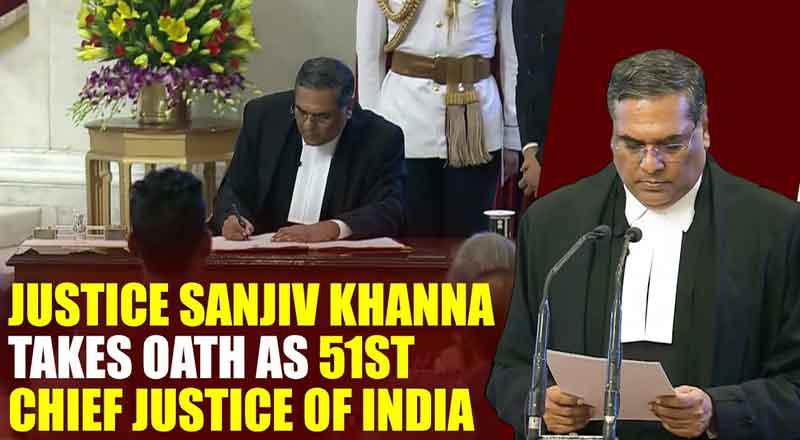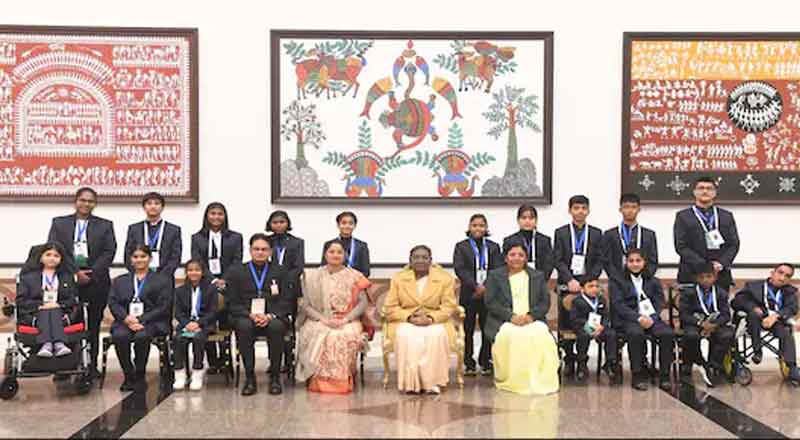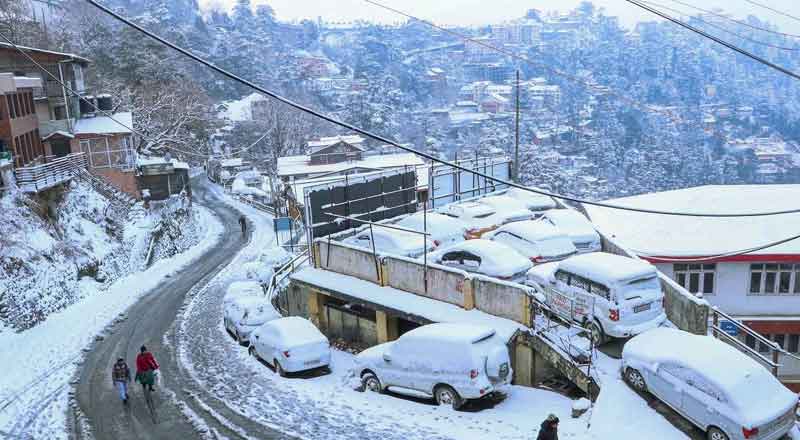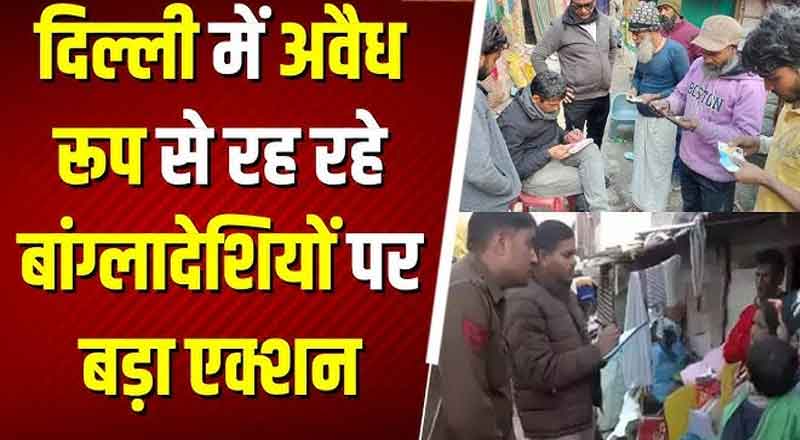51st Chief Justice of India: Justice Sanjiv Khanna, who has been part of several landmark Supreme Court judgements such as scrapping the electoral bonds scheme and upholding the abrogation of Article 370, on Monday (November 11) was sworn in as the 51st Chief Justice of India. President Droupadi Murmu administered the oath of office to Justice Khanna at the swearing-in ceremony held at Rashtrapati Bhavan.
Justice Khanna succeeded Justice DY Chandrachud, who demitted office on Sunday after attaining the age of 65. Justice Khanna’s term as the Chief Justice of India will extend until May 13, 2025.
Play Video
Close PlayerUnibots.com
The Centre officially notified Justice Khanna’s appointment on October 24 following Chief Justice Chandrachud’s recommendation on October 16. Friday was the last working day of Justice Chandrachud as the CJI and he was given a rousing farewell by judges, lawyers and staff of the apex court and the high courts.
Who is Justice Sanjiv Khanna?
Justice Sanjiv Khanna, who became a Supreme Court judge in January 2019, has been part of several key rulings, including upholding the integrity of EVMs, striking down the electoral bonds scheme, affirming the revocation of Article 370, and granting interim bail to former Delhi Chief Minister Arvind Kejriwal.
A member of an esteemed Delhi-based family, Justice Khanna is the son of former Delhi High Court judge Justice Dev Raj Khanna and the nephew of the prominent former Supreme Court judge, H R Khanna. Before his appointment to the Supreme Court, Justice Khanna had a distinguished career as a third-generation lawyer and later a judge at the Delhi High Court. Known for his commitment to reducing judicial delays and improving the speed of justice delivery, he is expected to focus on these priorities during his tenure.
Justice H R Khanna, the uncle of Justice Khanna, hit the headlines by resigning in 1976 after he wrote a dissenting verdict in the infamous ADM Jabalpur case during the Emergency. The majority verdict of a Constitution bench, upholding the abrogation of fundamental rights during the Emergency, was considered a “black spot” on the judiciary.
Justice H R Khanna declared the move unconstitutional and against the rule of law and paid a price as the then central government superseded him and made Justice M H Beg the next CJI. Justice H R Khanna was part of the landmark verdict propounding the basic structure doctrine in the Kesavananda Bharati case of 1973.
Notable judgments of Justice Sanjiv Khanna
Justice Sanjiv Khanna has been involved in several landmark rulings during his tenure in the Supreme Court. Notably, he upheld the use of electronic voting machines (EVMs) in elections, calling them secure and instrumental in eliminating booth capturing and bogus voting. On April 26, his bench dismissed concerns about EVM manipulation as “unfounded” and rejected calls to revert to paper ballots.
Justice Khanna was also part of the five-judge bench that declared the electoral bond scheme unconstitutional, highlighting its flaws in political party funding transparency. Furthermore, he contributed to the bench that upheld the central government’s 2019 decision to abrogate Article 370, which had granted special status to Jammu and Kashmir.
It was the Justice Khanna-led bench, which for the first time, granted interim bail to Kejriwal, the then chief minister, till June 1 to campaign in the Lok Sabha elections in the excise policy scam cases.
Legal expertise spanning two decades
Before his Supreme Court appointment, Khanna also served as a judge in the Delhi High Court for 14 years. He is known for his expertise in taxation, commercial laws, and has authored numerous critical judgments over the past two decades. Born on May 14, 1960, Khanna earned his law degree from Delhi University and began practising in 1983. Initially starting in Delhi’s district courts, he later shifted to the Delhi High Court and tribunals, working on constitutional law, arbitration, direct taxes, company law, land laws, and environmental law, among other areas.
He had a long tenure as the senior standing counsel for the Income Tax Department. In 2004, he was appointed as the standing counsel (Civil) for the National Capital Territory of Delhi. Justice Khanna had also argued in a number of criminal cases at the Delhi High Court as an additional public prosecutor and as an amicus curiae.
(With PTI inputs)





